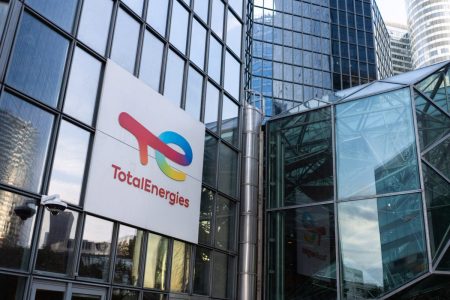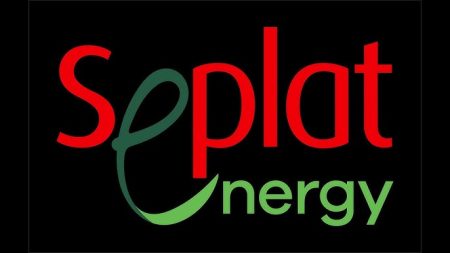17 January 2015, Windhoek – The IJG Business Climate Index continued its run of all-time highs in November as it climbed from the October level of 163,1 to 165,3.

This increase was driven by a generally buoyant local economy as well as falling oil prices.
The oil price sub-index saw a major (10% month-on-month) increase as the oil price continued to collapse through the month.
The price of Brent crude oil declined by almost U$37 in the six months to November 2014, hitting U$70 per barrel by month end.
The Institute of Public Policy Research said in a report that in December the price fell to its lowest level in over five years.
“The major price decline can be attributed to both supply and demand dynamics within the global economy. On the demand side, weak global growth and sentiment coupled with major efficiency gains in automotive technology and other oil-derivative intensive industries have driven oil demand to below-trend levels,” the IPPR said.
The report said on the supply side, major increases in supply from the US have fundamentally changed the global oil supply dynamic, with OPEC (Organisation of the Petroleum Exporting Countries) losing its ability to manipulate global oil supply in order to raise/lower the oil price and thus their revenues.
“This change in the supply and demand structure means that by cutting production OPEC will no longer be able to drive up the price sufficiently to compensate for lower demand and thus will be worse off as a result of such practice,” the IPPR said.
This fundamental shift suggests that oil prices are likely to normalise at levels notably below the previous norm of U$100 per barrel over the coming years, the report said.
After a major spike in the IJG Business Climate Index in October, the November index level remained elevated, setting a new all-time record.
“This continued climb in the index was to be expected as the local economy continued to perform well, coupled with the major decline seen in the oil price,” the IPPR said.
On a monthly basis, the business climate index, investment index and leading indicator all continued to expand, while the consumption and export indices and the coincident indicator contracted, coming off last month’s high base. On a quarterly basis, all the indices and indicators expanded, bar the export index which contracted marginally in the fourth quarter.
– Namibian



